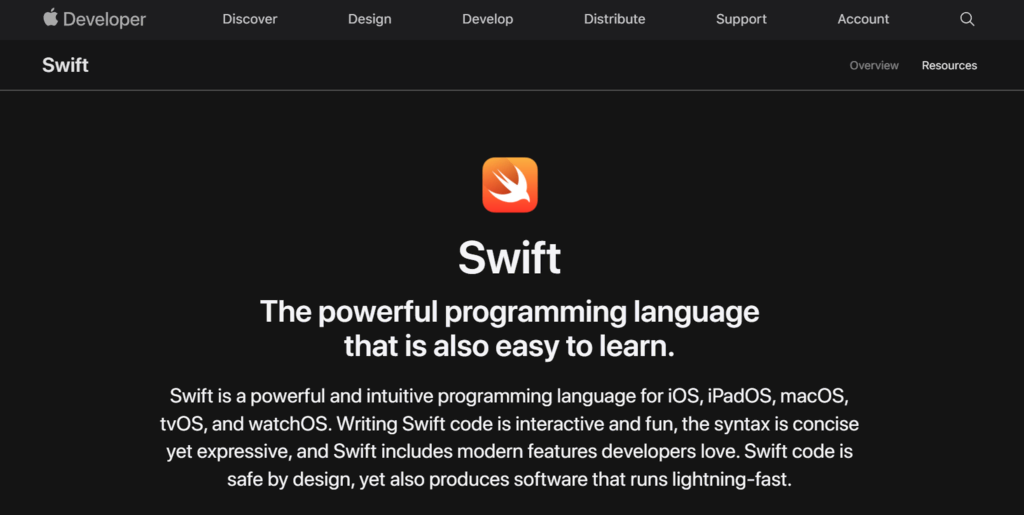

Coding Success: Choosing Job-Specific Languages
In the vast landscape of coding languages, the choice of which language to learn and master can significantly impact your career trajectory. Aspiring coders and seasoned professionals alike often wonder which coding languages are most relevant to their desired job roles. In this exploration, we delve into the importance of job-specific coding languages and how they contribute to career success.
Understanding the Coding Landscape: Diversity of Languages
The coding universe is diverse, with a multitude of languages tailored for various purposes. From web development and data science to artificial intelligence and system programming, each domain has its preferred set of coding languages. Understanding this diversity is crucial for individuals looking to align their coding skills with specific job roles.
Web Development Domains: HTML, CSS, JavaScript, and Beyond
For those venturing into web development, mastering HTML, CSS, and JavaScript is foundational. HTML structures web content, CSS styles it, and JavaScript adds interactivity. However, job-specific coding languages may extend to include frameworks and libraries like React, Angular, or Vue.js for front-end development, and Node.js, Django, or Flask for back-end development.
Data Science and Analysis: Python and R in Focus
In the realm of data science and analysis, Python and R take center stage. Python’s versatility, rich ecosystem, and readability make it a top choice. R, with its statistical computing capabilities, is often preferred for specialized data analysis tasks. Professionals in roles such as data scientists or analysts benefit from mastering these job-specific coding languages.
Artificial Intelligence and Machine Learning: Python and TensorFlow
Python continues its dominance in the fields of artificial intelligence (AI) and machine learning (ML). Its extensive libraries, such as TensorFlow and PyTorch, empower developers to create robust AI and ML applications. Proficiency in Python, coupled with a deep understanding of machine learning frameworks, is integral for job roles in AI and ML development.
Mobile App Development: Swift, Kotlin, and Flutter
For those entering the mobile app development space, the choice of coding language depends on the platform. Swift is favored for iOS development, Kotlin for Android, and Flutter, which supports both platforms, is gaining popularity. Specializing in these job-specific coding languages ensures developers can create efficient and platform-native mobile applications.
Game Development Realms: C# and Unity
Game developers often find themselves working with C# in conjunction with Unity. Unity, a popular game development framework, utilizes C# for scripting. Mastering C# is essential for creating interactive and visually engaging games. Job-specific coding languages in the gaming industry cater to the unique challenges and requirements of this creative field.
Embedded Systems and IoT: C and C++ at the Core
In the realm of embedded systems and the Internet of Things (IoT), C and C++ play a crucial role. These low-level languages provide direct hardware access, making them essential for developing firmware and embedded applications. Professionals working on IoT devices or embedded systems rely on C and C++ to optimize performance and memory usage.
Full-Stack Development: Versatility with JavaScript and More
Full-stack developers navigate both front-end and back-end development, requiring a versatile skill set. JavaScript remains a key language for full-stack development, and frameworks like Node.js enable server-side scripting. Additionally, knowledge of database languages such as SQL, and familiarity with popular front-end and back-end frameworks, contributes to success in full-stack roles.
DevOps Practices: Scripting with Bash, Python, and PowerShell
In the DevOps landscape, automation and scripting are essential. Bash scripting is prevalent in Unix-based environments, while Python and PowerShell offer cross-platform scripting capabilities. DevOps professionals leverage these job-specific coding languages to automate repetitive tasks, manage infrastructure, and streamline continuous integration and delivery processes.
Choosing the Right Language: A Strategic Approach
Aspiring coders and professionals should adopt a strategic approach when selecting job-specific coding languages. Consider factors such as the target industry, desired job role, and the specific demands of that role. Specializing in the languages most relevant to your career goals positions you as a valuable asset in the competitive job market.
Explore Job-Specific Coding Languages: Visit Here for Insights
For deeper insights and resources on job-specific coding languages, visit Job-Specific Coding Languages. This resource hub provides valuable tips, language-specific guides, and strategies for success in aligning your coding skills with the job market’s evolving demands. Whether you’re a novice coder or a seasoned professional, choosing the right coding languages is a crucial step toward a successful and fulfilling coding career.








